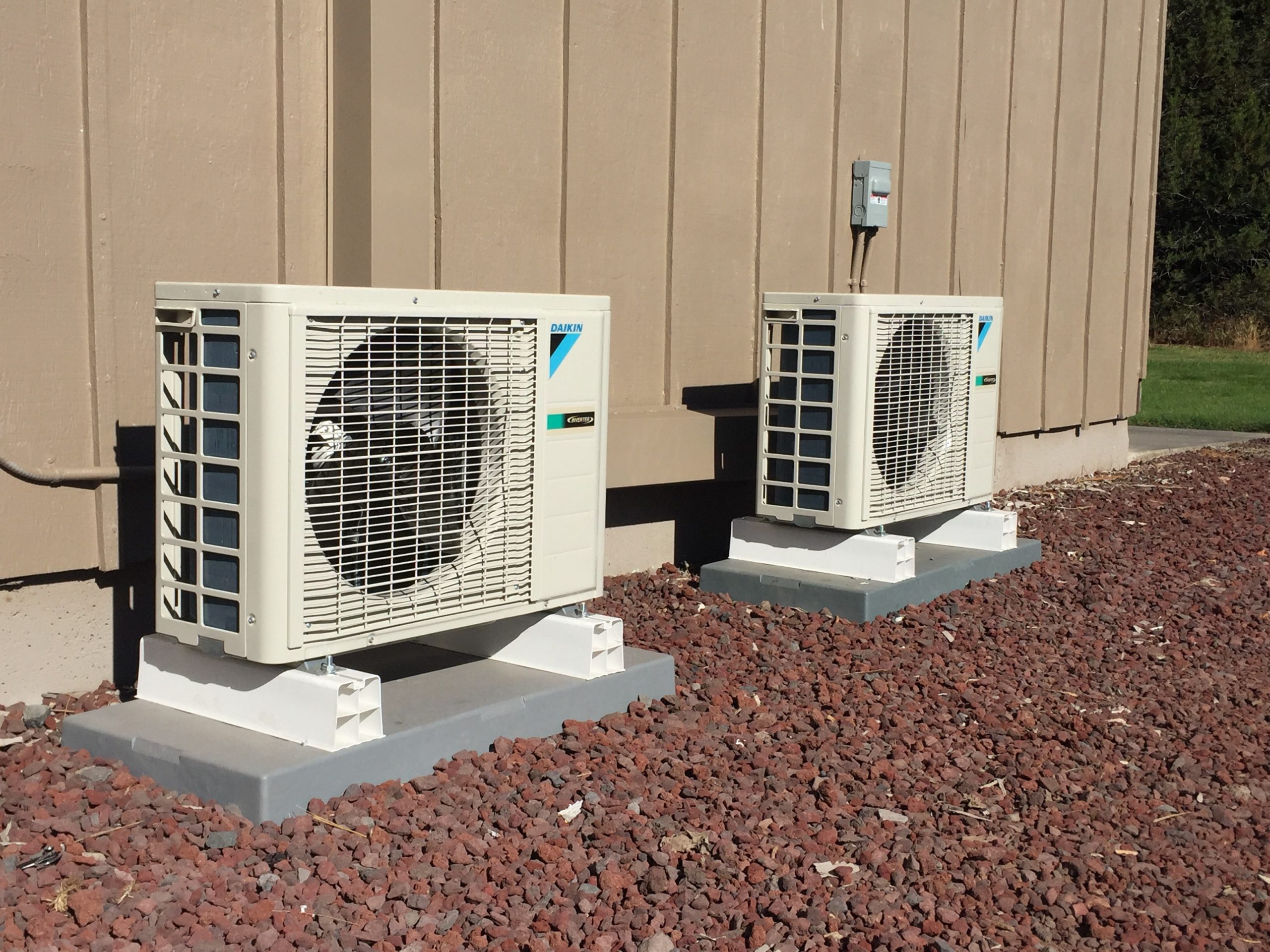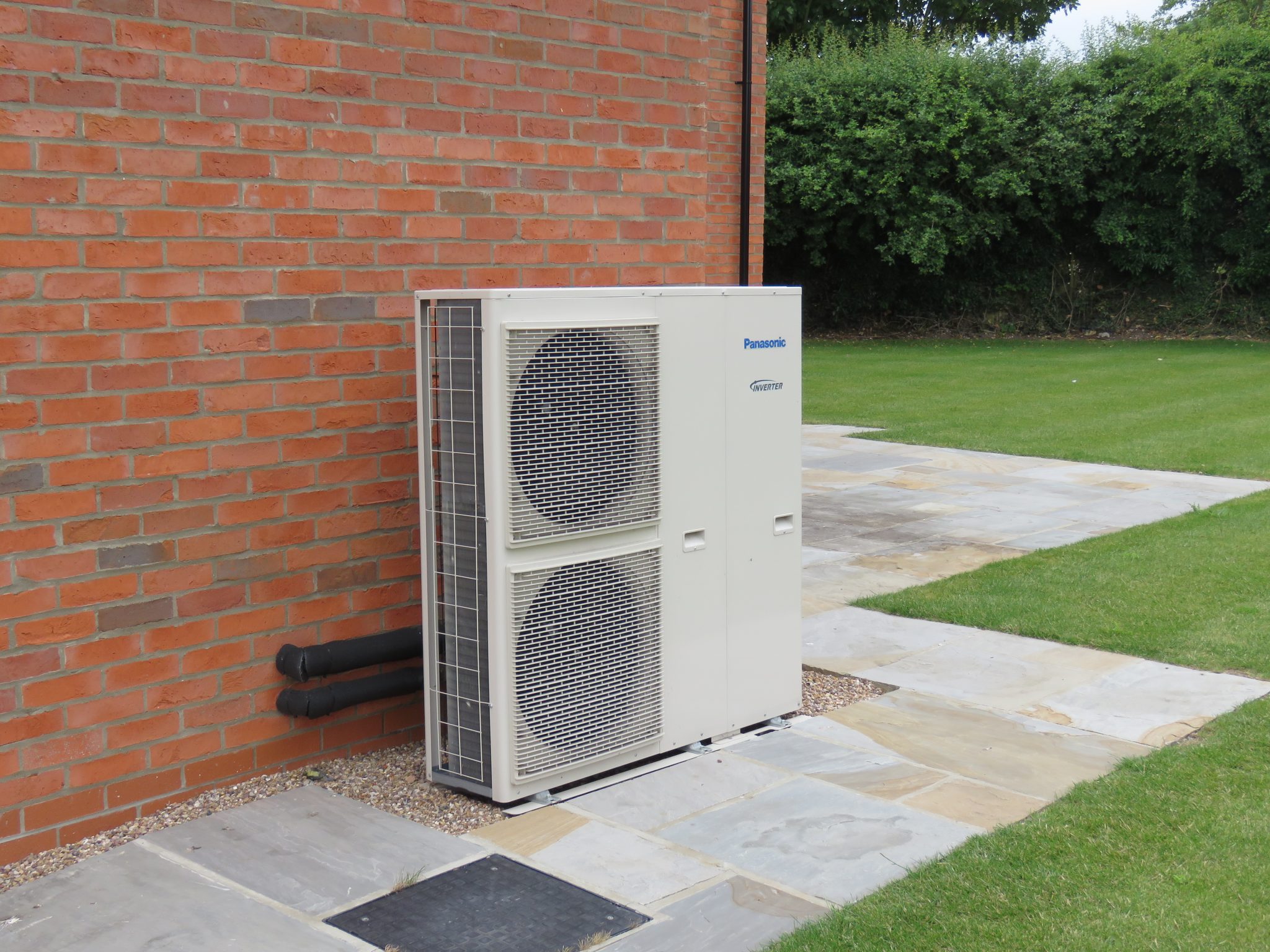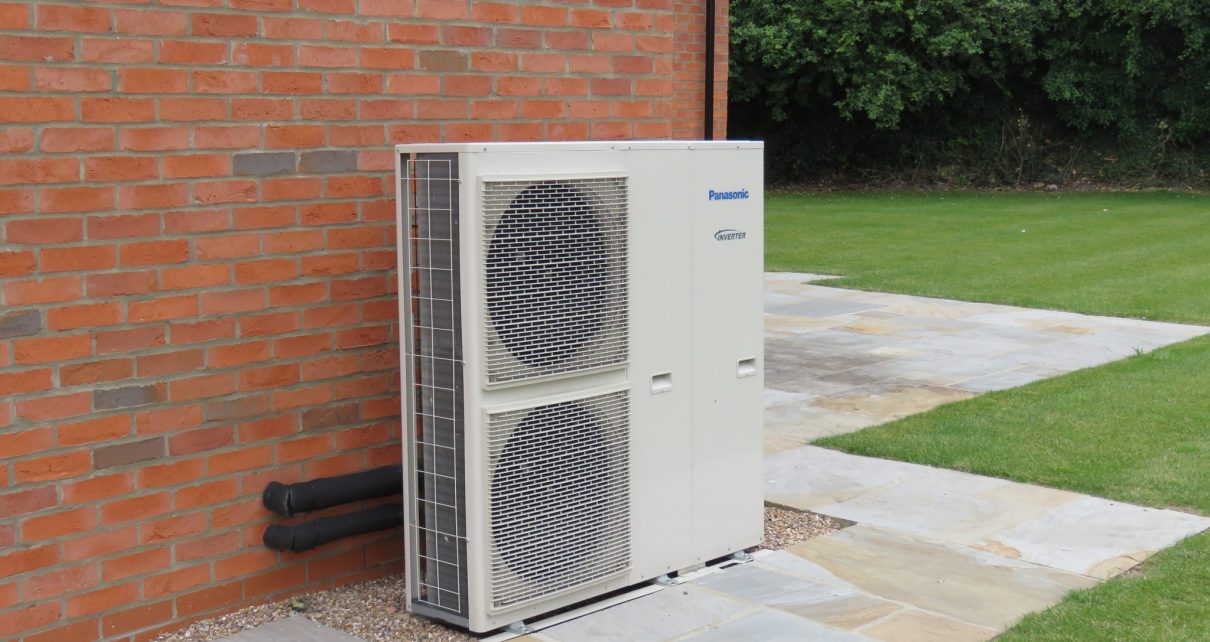Heat pumps are a great way to heat and cool your home while reducing energy bills. A good quality heat pump can provide an efficient and cost-effective way to regulate the temperature in your house. If you’re looking into purchasing a new heating and cooling system, here is what you should know about heat pumps and the power of Õhk-vesi soojuspump.
Types of heat pumps
Modern heat pumps come in several types, including air-source heat pumps, ground-source or geothermal heat pumps, and water-source or hybrid systems. An air source or air-to-air pump uses outside air to heat your home during the winter months by transferring energy from the cooler outside air into your home. During the summer months, these systems work in reverse, drawing hot air from inside and releasing it outside to keep temperatures comfortable. Geothermal systems use underground pipes filled with a liquid that absorbs ambient heat from the earth. This fluid is then used to either heat or cool indoor spaces as required. Hybrid systems combine both sources for greater efficiency throughout the year; this type of system also works best when combined with conventional heating/cooling systems such as boilers or radiators for maximum performance results.

Air-to-water heat pump: The ultimate heating and cooling solution
When it comes to providing consistent temperature control all year round, nothing beats an air-to-water heat pump system. Using advanced technology such as inverter compressors, multiple fans, evaporator coils, condenser coils, etc., this type of setup ensures maximum efficiency no matter what time of year it is. In addition, modern models come with various settings and features that allow you to further customize your experience; some even include smart thermostats that allow you to adjust settings remotely via phone apps!
Benefits of an air-water system
An air-water heat pump offers many advantages over traditional HVAC (Heating Ventilation Air Conditioning) units: firstly, it can significantly reduce electricity costs due to its highly efficient operation – typically 30% lower than conventional HVAC. Secondly, because this type of unit doesn’t require additional pipework (as with geothermal systems), it is much easier to install – meaning less disruption to your property! Finally, due to their small size (they usually fit easily under windows), they take up very little space, making them ideal for homes with limited space for larger units such as those found in central air conditioning systems.

Installation Tips & Considerations
Before installing an air-water system, it is essential to consult experienced professionals who can advise you on which type would be most suitable given your specific requirements (e.g. square footage needed). Also, check local building regulations for any requirements you may need to comply with before starting the installation; only once all the paperwork has been properly completed should you proceed with the purchase and installation of your chosen model(s). Finally, make sure that all components are securely fastened together according to the manufacturer’s instructions to ensure that everything works properly after installation – if not, seek professional help as soon as possible!
The bottom line
Whether you’re looking for a reliable heating solution during the winter months or a powerful cooling device on summer days, an air-water system could be just what you’ve been looking for! It offers excellent performance levels at competitive prices, and its relatively straightforward installation process makes it perfect for DIY enthusiasts too! And don’t forget the many benefits, including reduced energy bills thanks to its high efficiency, so why wait? Invest in one of these amazing products now and start enjoying the convenience today!



